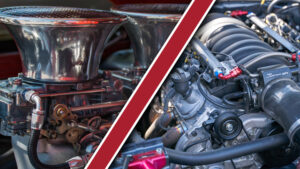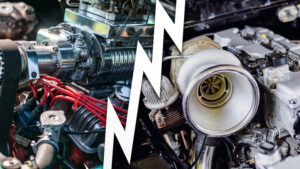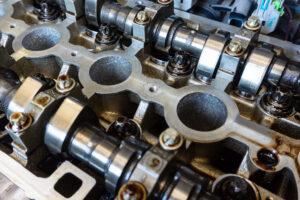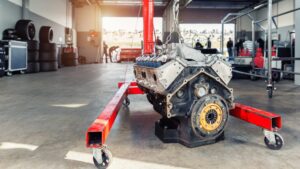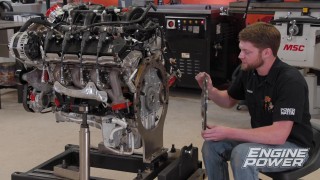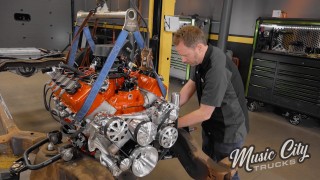Carb vs. Fuel Injection: Which Tech Powers Your Ride Best?
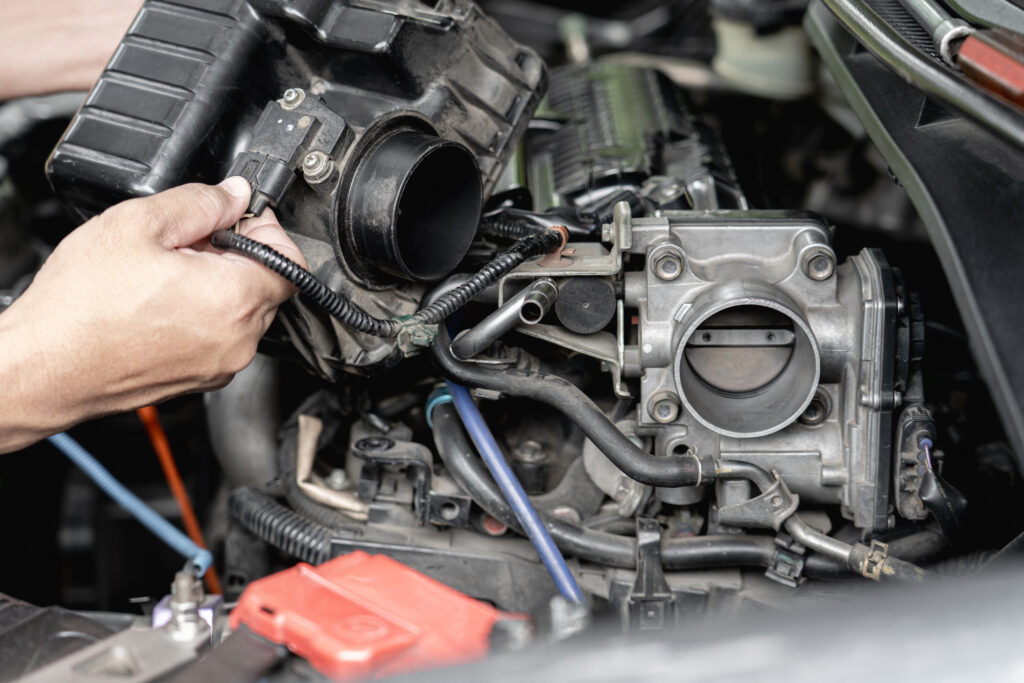
When it comes to powering your ride, the debate between carbureted engines and fuel injection systems is as timeless as the roar of a V8. Whether you’re wrenching on a weekend project or just daydreaming about your next build, understanding these two technologies can help you make the best choice for your vehicle—and your wallet. Let’s dive into the pros and cons of each and figure out which system might be right for you.
Table of Contents
The Old School: Carbureted Engines
Carburetors have been around for over a century, and for good reason. These mechanical devices mix fuel and air before it enters the engine, delivering a time-tested solution to keep your motor humming. For classic car enthusiasts, carburetors bring a sense of nostalgia and simplicity to the equation.
Pros of Carburetors
- Simplicity: Carburetors are mechanically simple, making them easy to understand and work on. They don’t rely on complex electronics or sensors, which means fewer things can go wrong.
- Cost-Effective: Generally speaking, carburetors are cheaper to buy and maintain than fuel injection systems. If you’re building on a budget, this could be a big factor.
- Tuning Flexibility: For those who enjoy getting hands-on with their ride, carburetors are easier to tune manually. Adjusting the air-fuel mixture can be done with basic tools and know-how.
- Classic Appeal: For purists restoring a vintage muscle car or hot rod, a carbureted engine is often a must-have to maintain authenticity.
Cons of Carburetors
- Less Efficient: Carburetors can’t match the precision of fuel injection systems, which can lead to inconsistent fuel delivery and poorer fuel economy.
- Cold Starts: Carbureted engines often struggle in cold weather and require manual choking to get started.
- High Altitude Issues: Carburetors don’t automatically adjust for changes in altitude, which can make tuning tricky for road trips through the mountains.
- Environmental Impact: These systems are less efficient in burning fuel completely, leading to higher emissions.
The Modern Marvel: Fuel Injection
Fuel injection systems have revolutionized engine performance since their introduction. Using sensors and computers to precisely control fuel delivery, they offer a level of efficiency and reliability that carburetors simply can’t match.
Pros of Fuel Injection
- Precision: Fuel injection systems deliver fuel exactly when and where it’s needed, resulting in better performance and fuel economy.
- Reliability: Modern systems are less affected by temperature and altitude changes, making them more versatile for all-weather and all-terrain use.
- Reduced Emissions: Thanks to more efficient fuel burning, fuel injection systems produce fewer harmful emissions.
- Performance: With computer-controlled optimization, fuel injection systems can provide better throttle response and overall engine performance.
Cons of Fuel Injection
- Cost: Fuel injection systems and their components are typically more expensive to purchase and maintain. Diagnostics and repairs can also be pricier.
- Complexity: These systems rely on sensors, wiring, and software, which means more potential points of failure. When something goes wrong, it often requires specialized tools and knowledge to fix.
- DIY Challenges: While tuning is possible with the right software, it’s not as straightforward as tweaking a carburetor. Many enthusiasts find fuel injection less hands-on and rewarding.
- Limited Retro Appeal: For classic car builds, swapping to fuel injection can detract from the vehicle’s original charm.
Which One Should You Choose?
The answer depends on your goals and how you plan to use your vehicle.
- Go Carbureted If: You’re restoring a vintage car, enjoy hands-on tinkering, or need a budget-friendly solution for your weekend cruiser. Carburetors are a great choice for simplicity and classic style.
- Go Fuel Injection If: You prioritize performance, reliability, and efficiency. For daily drivers, off-road rigs, or high-performance builds, fuel injection offers modern advantages that are hard to beat.
The Verdict
In today’s automotive world, there’s room for both carburetors and fuel injection systems. Each has its own unique strengths, and your choice will depend on your build’s purpose, your mechanical skills, and your budget. Whether you’re chasing horsepower, fuel efficiency, or vintage vibes, understanding these technologies will ensure you make the right call for your project.
So, what’s it going to be? The nostalgia of a carburetor or the cutting-edge precision of fuel injection? Let us know in the comments, and as always, keep the wrenches turning and the rubber burning!
Want to read more articles like this?
Join the PowerNation Email NewsletterRead More from PowerNation
- Chapters
- descriptions off, selected
- captions off, selected
This is a modal window.
